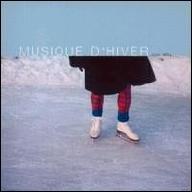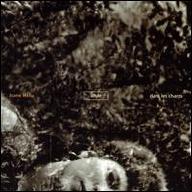A Montrealer born and raised, Hétu turned to music in 1977 when she started to learn the alto saxophone by herself, with no notions of music theory. Two years later, she briefly fell in love with pianist Pierre St-Jak, who introduced her to an eccentric bunch of artists tied to the Pouet Pouet Band and L'Enfant Fort (which, years later, would evolve into the Fanfare Pourpour). These experimentalists confirmed her musical vision. With keyboardist Diane Labrosse and drummer Danielle P. Roger, she formed the feminist avant-rock group Wondeur Brass, learning the basics of music during rehearsals. In 1985, the three members were asked to join the collective Ambiances Magnétiques, recently established by Robert M. Lepage, René Lussier, André Duchesne, and Jean Derome (the latter would become her life and major musical partner). Wondeur Brass released two critically acclaimed albums in the mid-'80s, Ravir and Simoneda, Reine des Esclaves. Hétu, Labrosse, and Roger played in two similar projects, Les Poules and Justine, and toured North America and Europe.
In 1991, at a time when the volunteer structure of the collective was becoming a burden on the shoulders of its members, Hétu created DAME (Distribution Ambiances Magnétiques Etcetera), a record label/distribution outlet with the aim to regroup local independent avant-garde labels under one roof. Her dedication to the company convinced federal and provincial governments to start subsidizing avant-garde music a little more and the Ambiances Magnétiques catalog began to grow steadily. Meanwhile, she formed her own group, Castor et Compagnie, in 1992, for which she wrote a repertoire of twisted erotic songs and performed with many of the other AM members' projects. In the late '90s, her impetus shifted from avant-gardist songwriting to improvised music with Nous Perçons les Oreilles (with Derome) and her solo album Seule dans les Chants. The beautiful Musique d'Hiver showcased her talents as a composer. ~ François Couture, Rovi














